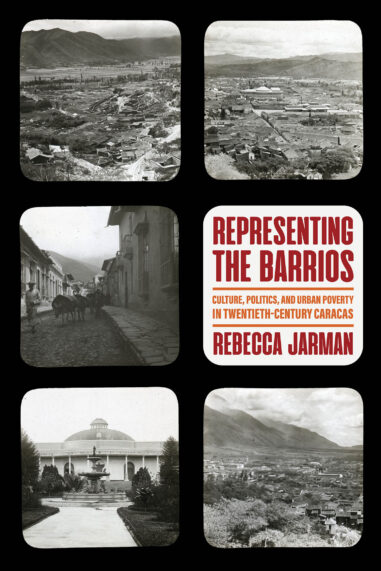Against a backdrop of rapid urbanization and the growth of a global economy powered by carbon, Rebecca Jarman argues that in Venezuela, urban poverty has become one of the most important resources in national culture and statecraft. Attracting the attentions of writers, artists, filmmakers, and musicians from within and beyond the limits of Caracas, the barrios are fetishized in the cultural domain as sites of rampant sex, crime, revolution, disease, and violence. The appeal of the urban poor in entertainment is replicated in the policies of autocratic leaders who, operating within an extractivist matrix that prizes the acquisition of land and capital, have sought to expand their reach into these densely populated territories. Sometimes yielding to commodification, the barrios also have resisted exploitation by exceeding the terms of their representation in hegemonic culture and politics. Whether troubling the narratives that profit from poverty or undermining class-based stereotypes with experimental aesthetics, the barrio as a shifting set of coordinates consistently evades appropriations of disenfranchisement. Mapping the recurrent tensions, anxieties, conflicts, aspirations, and blind spots that characterize depictions of the barrios, Rebecca Jarman elaborates a dynamic cultural analysis of the history of poverty in the Venezuelan capital.



